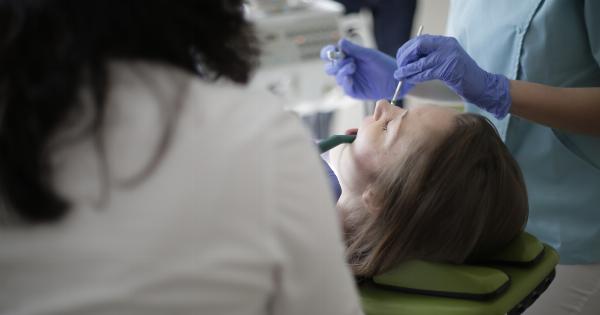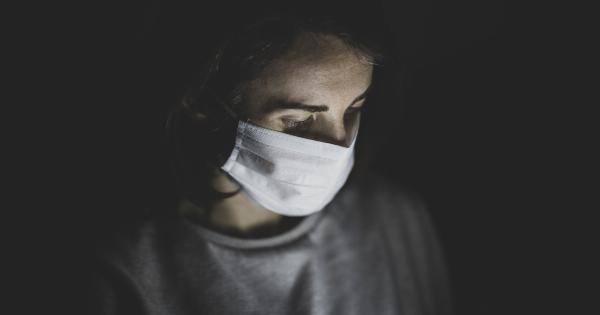Skin rashes are a common problem that many people experience at some point in their lives. Whether it’s a small red patch or a widespread, itchy rash, seeking medical attention is often necessary to find relief.
Urgent care for skin rashes refers to the prompt medical care and treatment provided by healthcare professionals in an urgent care setting. These medical professionals are equipped with the knowledge and resources to diagnose, treat, and manage various types of skin rashes.
Types of Skin Rashes
There are numerous types of skin rashes that can occur for a variety of reasons. Some common types of skin rashes include:.
- Contact Dermatitis: This type of rash occurs when the skin comes into contact with an allergen or irritant.
- Atopic Dermatitis (Eczema): Eczema is a chronic condition characterized by red, itchy, and inflamed skin.
- Psoriasis: Psoriasis causes red, scaly patches on the skin due to an overactive immune system.
- Hives: Hives are itchy, raised welts on the skin that often occur as an allergic reaction.
- Rosacea: Rosacea is a chronic condition that leads to facial redness, pimples, and visible blood vessels.
- Fungal Infections: Various types of fungi can cause skin infections, such as ringworm or athlete’s foot.
When to Seek Urgent Care for Skin Rashes
While many mild skin rashes can be managed at home with over-the-counter treatments, there are instances when urgent care is necessary. Here are some scenarios in which you should seek urgent care for skin rashes:.
- Severe Symptoms: If you experience severe itching, pain, or discomfort that affects your daily activities, urgent care is recommended.
- Spreading or Worsening Rashes: If the rash continues to spread, worsen, or does not improve with home remedies, it’s important to seek medical attention.
- Presence of Infection: If you notice signs of infection like pus, warmth, red streaks, or fever, urgent care is necessary.
- Difficulty Breathing or Swallowing: In rare cases, certain rashes may cause difficulty breathing or swallowing, requiring immediate medical attention.
- History of Allergic Reactions: If you have a history of severe allergic reactions or anaphylaxis, urgent care is crucial to identify the cause of the rash and prevent further complications.
What to Expect at Urgent Care
When you visit an urgent care center for a skin rash, you can expect a thorough evaluation and treatment plan tailored to your specific needs. Here’s what you can expect during your visit:.
Evaluation and Diagnosis
The healthcare professional will begin by examining your rash and gathering information about your symptoms, medical history, and any known allergies. They may ask questions about recent exposures to potential irritants or allergens.
This information helps in identifying the cause and type of rash. In some cases, the healthcare professional may recommend additional diagnostic tests such as skin scrapings, cultures, or blood tests to confirm the diagnosis.
Treatment Options
Once the diagnosis is confirmed, the healthcare professional will discuss the available treatment options for your specific skin rash. Treatment may vary depending on the cause and severity of the rash. Common treatment options for skin rashes include:.
- Topical Medications: This includes creams, ointments, or lotions that are applied directly to the affected area to relieve symptoms and promote healing.
- Oral Medications: In cases where the rash is severe or widespread, oral medications such as antihistamines, corticosteroids, or antibiotics may be prescribed.
- Cool Compresses: Applying cold compresses or taking cool baths can help reduce itching, inflammation, and discomfort associated with certain types of rashes.
- Moisturizers: Keeping the skin moisturized is important for managing various types of rashes, especially dry and itchy conditions like eczema.
- Avoiding Triggers: If an allergen or irritant is identified as the cause of the rash, the healthcare professional will provide guidance on avoiding those triggers to prevent future outbreaks.
Follow-up Care and Management
After receiving initial treatment for your skin rash, it’s important to follow any instructions provided by the healthcare professional.
This may include applying prescribed medications as directed, adopting proper skincare routines, or scheduling follow-up appointments. Follow-up care is essential to monitor the progress of the rash, address any concerns, and ensure optimal healing and management.
Tips for Preventing Skin Rashes
While not all skin rashes can be prevented, there are steps you can take to minimize your risk. Here are some useful tips:.

























